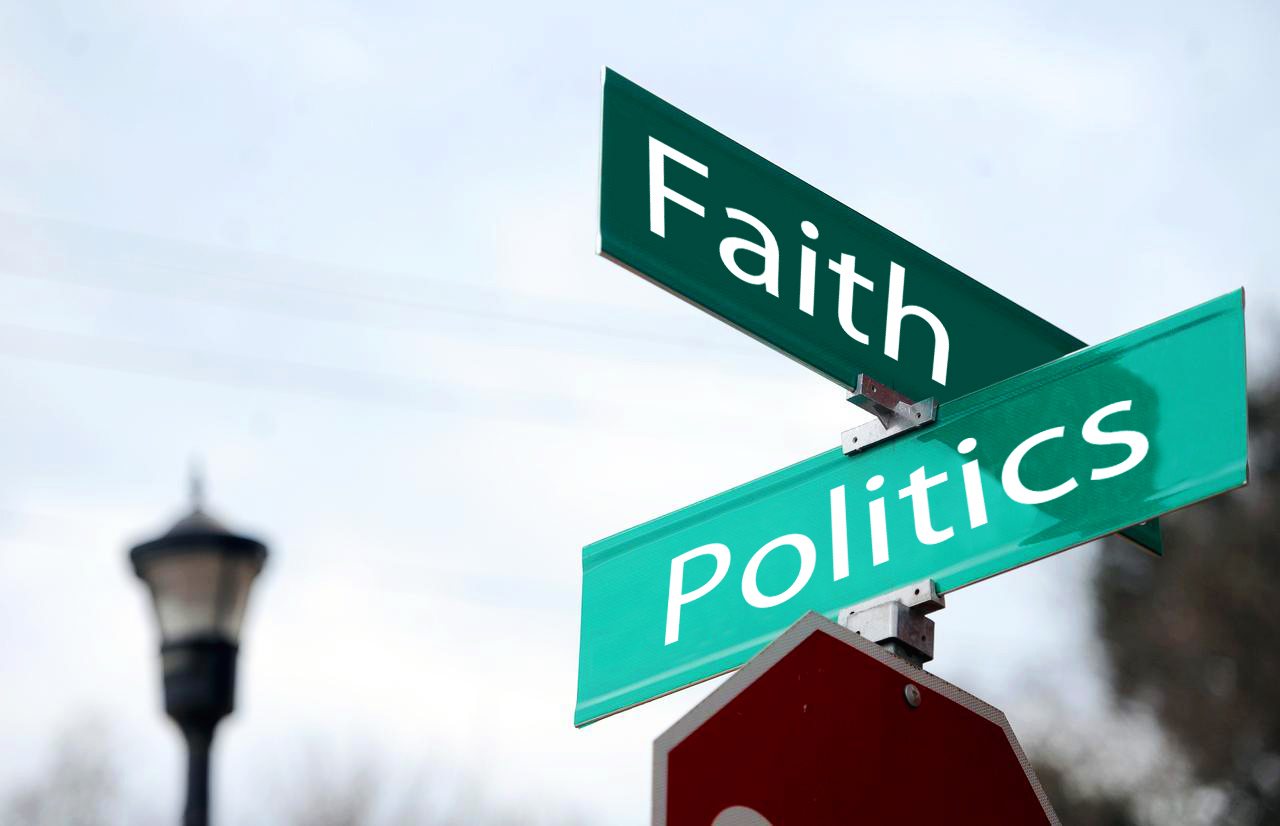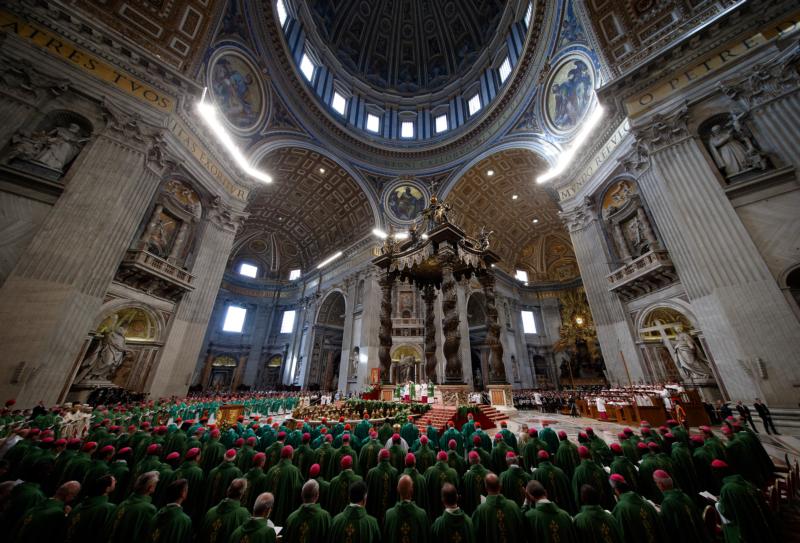During an internship in Lexington County, SC over the summer of 2018, I had the opportunity to hear from Karen Mckinney, an associate professor of biblical and theological studies at Bethel University, who spoke on the theme of Jesus’ reckless love through a political lens. She tackled the very difficult topic of politics by breaking down the political actions that Jesus displayed throughout his life and teachings. Mckinney boldly claimed that Jesus wasn’t just the face of a movement—He was a revolutionary.
For many Christians, this may seem radical. We are all taught to understand why Jesus came here. If He had come to be political, God surely would not have made Him a lowly carpenter’s son. Just because He did not come to us wearing royal robes does not mean his actions weren’t meant to be political. The polarized political context of modern America has caused controversy over whether or not Christians should be involved in politics. Let’s define what is meant by “politics” in this discussion and what politically engaged Christianity can look like.

Politics is any activity, knowledge, or awareness of a governing body defining how people are to live together. When we look at the Bible, Jesus was involved in politics. He may not have been running for Congress, but He was fighting for justice. His very language was political. By emphasizing the “Kingdom” of God as opposed to “family” or “community” He was pushing back against the empire of Rome itself. It was not His words alone either, for He was not idle but intentional with His actions as much as He was with His language. He came to heal the sick and lift people out of poverty while dismantling oppressive systems. He came to break chains and power structures. In these ways, Christ was a revolutionary, deeply involved in politics and aware of social injustice. He saw the injustice in the political system of that time and took action to change it.

Change doesn’t have to happen on a grandiose scale, rather small actions, language, and intention such as those displayed by Christ can be the beginning. Christians cannot rely on empty words, actions must follow. We are not just to sit and “pray” for the hurting. We can’t feed the hungry with “thoughts and prayers” and we can’t free the prisoner by simply quoting scripture out of context. Jesus took action so we are to take action. Too often we fall into the mindset of asking God to find someone to make changes, but we must realize that God already did call someone. We are the ones called to make changes. Maybe Christ has not called you to run for Congress, but Christ has called you to love and to fight for your oppressed and marginalized brothers and sisters. Although this doesn’t settle the debate about whether or not Christians should hold office or what it truly means to have a Christian nation, it does, however, show us that we cannot sit and do nothing. We need to be aware and we need to take action.

The awareness that Christ displayed, the way he spoke, and the actions He took fighting for justice, caused him to be killed in a political execution, fighting for the least of the world, ourselves included. If we are to truly live our lives as Christ lived, and die as He did too, we don’t get to pick and choose who is worthy of our fight and when we want to fight. Christ didn’t simply shrug his shoulders and say, “I don’t do politics” or “I’m not comfortable with this topic,” and we can’t either. Ignorance is not an option, especially when human rights and the dignity of our brothers and sisters is at stake. So be informed and pay attention to the things going on within our society. Engage with those around you and learn to understand. It is a privilege to not feel the need to be informed, and it is a privilege Christians can no longer use. When one person in our Church body is hurting, we all are. Where there is injustice for one, there is injustice for all.
Media by Thomas Broomfield




























